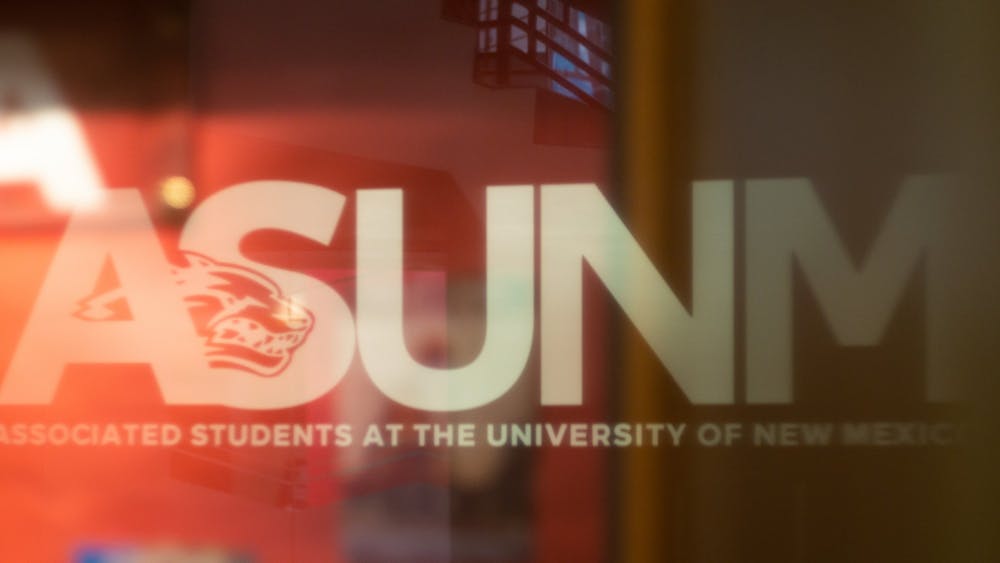Incoming University of New Mexico students may expect a surprise on their bursar account this semester, as the Associated Students at UNM have increased their student fee by 42%, going from $20 for full-time students to $35 per semester for all students — the first fee increase since 2002, according to ASUNM Vice President Krystah Pacheco.
This fee change was passed via a constitutional amendment through last year’s ASUNM administration. It is set to increase by $5 every three years until reaching a cap of $50 per semester. The change was implemented to combat budget restraints caused by the COVID-19 pandemic and to better reflect the student government fees at peer universities, according to Pacheco.
“I think the biggest thing we saw last year, especially through our appropriations process and our budget process, is that student (organizations) were getting cut in certain areas across the board … So the benefit of this fee increase is that we are provided a little more flexibility to fund more things for student orgs and to provide more programming through student agencies,” Pacheco said.
Before the change, students taking less than 12 credit hours paid $1.67 per credit hour, making it difficult to predict how much money would be in the budget and subsequently making the allocation process more difficult for student organizations, according to Pacheco.
Currently, 8.5% of ASUNM student fees are allocated to student publications, with the remainder allocated between ASUNM agencies and student organizations. This funding will allow for the creation of new organizations which ASUNM has previously not been able to fund, according to ASUNM President Ian May. The fee is also no longer grouped under mandatory student fees on a student’s bursar account and billed separately as an “ASUNM Fee.”
ASUNM also hopes to reimplement and increase the scale of student events that have been cut in previous years due to decreased enrollment, including UNM music festival Fiestas, which has been canceled in previous years due to security costs, according to May.
Before the increase, a portion of ASUNM funds came through tuition, as the President’s Office had been subsidizing costs for the organization to run. The fee increase will exceed the approximate $100,000 subsidy, allowing ASUNM to provide additional programming and student opportunities alongside being able to sustain itself, according to May.
“Our fee increase is more than (the subsidy), so I think a lot of the big stuff is … trying to give back to a lot of the student organizations and student government agencies that have seen budget cuts,” May said.
The fee increase will also allow more UNM students to attend the New Mexico Legislature in person to meet with representatives and lobby for student issues like scholarship funding, according to May. He also hopes to increase compensation for ASUNM senate positions to be comparable to other ASUNM positions and expand agencies within ASUNM to further student involvement.
“The increase itself provides more funding in general, and so it benefits students through the programming that we offer as ASUNM, but also what student orgs can do with that money that they’re being allocated through our budget process,” Pacheco said.
Students are welcome to give input on where they think this funding should go; May encouraged senate meeting attendance for those who wish to have a say regarding allocation.
“As we’re being good stewards of the increase, and this is true any year but this year in particular, make your voice heard at those senate meetings as students are requesting money … There’s an aspect of political engagement that the student body has to go in and make their priorities heard through public comment at those meetings,” May said.
Get content from The Daily Lobo delivered to your inbox
Zara Roy is the copy chief at the Daily Lobo. She can be contacted at copychief@unm.edu or on Twitter @zarazzledazzle






